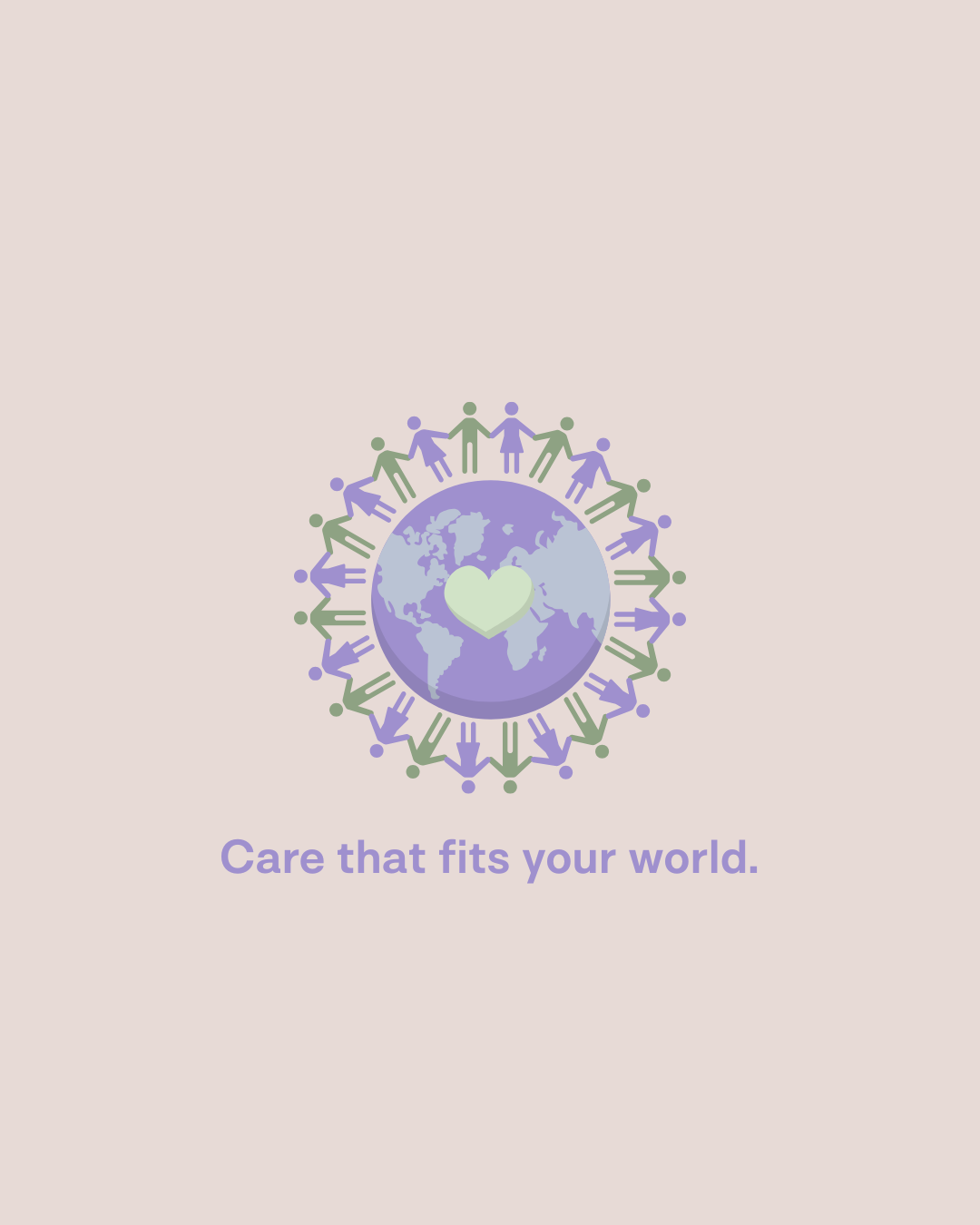
Why Online Occupational Therapy is Game-Changing for Rural and Remote Australians – But Still Underused
Table of Contents
If you live in a rural or remote part of Australia, you already know how hard it can be to access consistent healthcare. When it comes to allied health services—like occupational therapy (OT)—the challenge is even greater. Long waitlists, hours of travel, and limited local options can leave people without the regular, meaningful support they need.
That’s where online occupational therapy (also known as telehealth OT) has the power to make a real difference. It removes the distance barrier and brings experienced occupational therapists directly into your home via video sessions. And yet, despite the clear benefits, it's still not used as widely as it could be—especially across Australia’s regional and remote communities.
This article explains why online OT is such a powerful option, why it’s often overlooked, and how you or your loved one can make the most of it.
What Is Online Occupational Therapy?
Online OT uses secure video technology to deliver therapy sessions remotely. These sessions are still highly personalised. Your therapist works with you one-on-one to build skills, improve independence, and achieve specific goals—just like in a face-to-face clinic. The only difference is the setting: you stay at home, and your therapist joins you through your phone, tablet or computer.
For children, this might mean practising fine motor tasks with toys and household items. For adults, it might involve strategies for managing fatigue, memory issues, or re-establishing routines after injury or illness. For older people, online OT can support safe home environments, fall prevention, and improved quality of life.
Why It Matters So Much for Rural and Remote Australians
People living outside major cities often face long gaps in therapy. In some regions, there may be no occupational therapists within hours of travel. That’s not just inconvenient—it can delay early intervention, reduce functional outcomes, and increase stress for families and carers.
Online OT removes many of these barriers:
- No travel time or transport costs
- Access to experienced therapists Australia-wide
- More consistency with fewer cancellations due to weather or distance
- Faster access—no waiting for a therapist to visit your region
With online OT, therapy can happen in your own environment—where daily life actually happens. That gives therapists a real-time understanding of your space, your routines, and your unique challenges. This can lead to better, more tailored therapy strategies.
So Why Isn’t It Being Used More?
Despite these benefits, online OT is still underutilised in many parts of Australia. There are a few key reasons why:
1. Lack of Awareness
Many people—especially in rural areas—still don’t know that online OT is available, or that it can be just as effective as in-person therapy. They may assume they have to wait for a visiting therapist, or go without.
2. Concerns About Quality
Some families worry that online therapy won’t be as hands-on or engaging—especially for children with high support needs. However, experienced online OTs use creative strategies to keep sessions interactive, sensory-rich, and meaningful.
3. Technology Limitations
Not all homes have reliable internet or up-to-date devices. While this can be a barrier, therapists are often flexible. Many will work with clients to test different platforms, use audio-only calls when needed, or provide home programmes that don’t rely heavily on tech.
4. Funding Confusion
There’s often uncertainty around how online OT fits into funding plans—especially under the NDIS. The good news is that most online OT sessions are covered under the same therapy categories as in-person services.
What Conditions Can Be Supported with Online OT?
Online OT is suitable for a wide range of support needs, including:
- Children with autism, developmental delay or sensory processing challenges
- Adults recovering from stroke, injury, or illness
- People with chronic conditions like arthritis, fatigue syndromes or neurological disorders
- Older adults needing falls prevention or mobility support
- People with psychosocial disabilities or mental health concerns
- Support with daily living tasks, home safety, and routines
While some situations still benefit from hands-on therapy, a large portion of functional, goal-based work can be done online—and often more consistently.
Making It Work in the Real World
At CARED, we’ve seen how powerful online OT can be when delivered well. Our therapists work closely with families, carers, and participants to ensure each session is relevant and realistic. Here’s what makes online OT work:
- Preparation: Your therapist will guide you on setting up the space—this might mean gathering household items, clearing a quiet room, or checking your internet connection.
- Collaboration: Therapy is built around your goals, your routines, and your pace. We work with what you already have at home, and often involve carers and family.
- Follow-Up: You’re not left on your own between sessions. We offer check-ins, progress reviews, and written strategies that are easy to follow.
We're Here To Help
Online OT isn’t just a backup plan—it’s a powerful, evidence-based service in its own right. For rural and remote Australians, it can mean the difference between waiting months for support, or getting started within days.
If you or someone you care for is struggling to access therapy because of distance, transport, or long waitlists, it might be time to consider online OT.
CARED is here to help. We work with families and participants across Australia, delivering occupational therapy that meets you where you are—literally.
You shouldn’t have to miss out on quality care just because you live outside the city.








.png)







.png)
